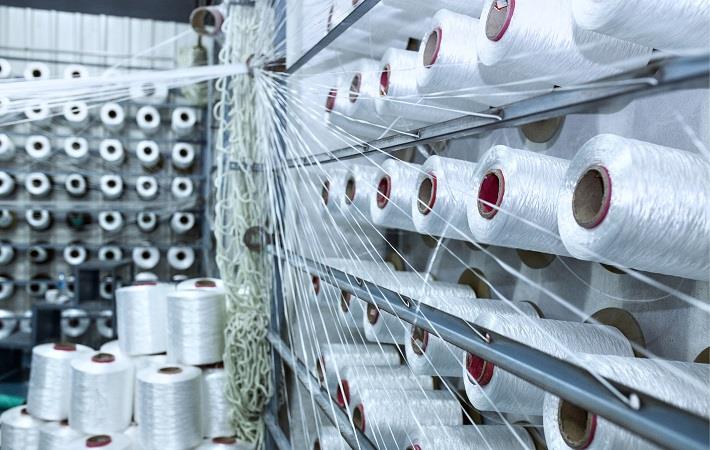The textile value chain, particularly the cotton-based manufacturing value chain, in India is facing liquidity issues due to slowdown in demand, according to Indian Texpreneurs Federation (ITF). If the situation continues, there may be a need for converting short-term loans in textile manufacturing sector to long-term.
"The prices of cotton in India are at higher level compared to international markets due to higher level of minimum selling price (MSP). Secondly, high fluctuations in prices along with tight liquidity situation in the market is resulting in slow buying of yarn and fabrics, which is reflecting up to retail in domestic market," ITF convenor Prabhu Dhamodharan told Fibre2Fashion.
In addition, India is not competitive at the moment at yarn stage in the export market due to higher cost of raw material, resulting in lower level of exports, Dhamodharan said. Currently, mills are running at below their capacity to match the demand and supply, which in turn is increasing the manufacturing cost.
"To give a boost to the cotton value chain, the government should switch to direct benefit transfer (DBT) mechanism to farmers in the upcoming season instead of artificially higher level of MSP, and parallelly take steps on a war footing to increase the cotton yield," he added.
Secondly, apparel makers should take advantage of the ongoing US-China trade war and focus on exporting more to the US market.
Thirdly, the Reserve Bank of India (RBI) should direct all banks to pass on the interest cut benefit to industries immediately. And if the situation does not improve, the banks should be directed to reschedule loans given to textile manufacturing sector, and also offer fresh working capital loans to manage the liquidity.
However, Dhamodharan hopes that there may be some improvement from the new cotton season from October. "The upcoming festive season may give some boost to demand in the coming days," he adds.
Published On : 20-08-2019
Source : Fibre 2 Fashion

